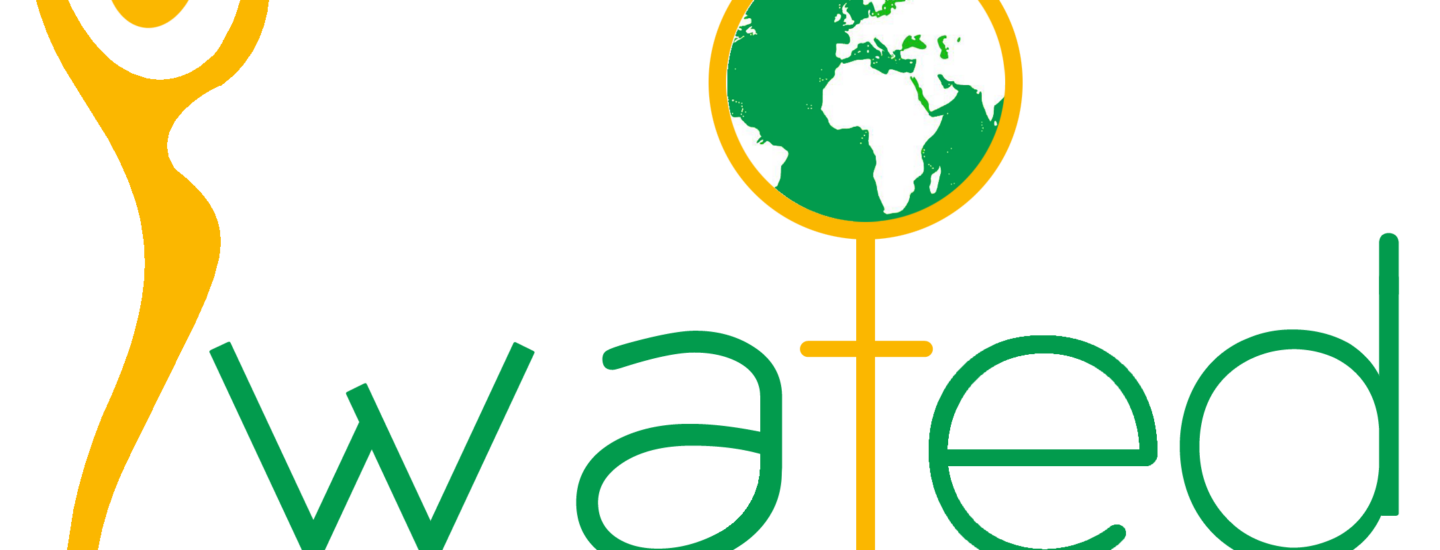Project
We RISE: Coastal Young Women Girls and Adolescents
-
Amount Funded
24,957 EUROProject Duration
01 Jan 2023 - 31 Jul 2024 -
-
Lead organisation
-
Women Action Towards Economic Development (WATED) was registered in September 2013 under the Ministry of Health Community Development Gender Elderly and Children. All founding members identified were required to attend Leadership Training in the United States for the studies of Legal access to justice and legal information in rural communities, as well as health issues in rural communities, and participation in ongoing projects for members of the public.
Women Action Towards Economic Development (WATED) was officially registered in September 2013 under the Ministry of Health, Community Development, Gender, Elderly, and Children. All initial members were mandated to undergo Leadership Training in the United States, focusing on legal aspects such as enhancing access to justice and legal information for rural communities, addressing health issues in rural communities and fostering participation in ongoing public projects. Driven by a commitment to community service, the founding members conceived the idea of establishing an organization to empower the community, particularly women and girls, in leadership, life skills, and human rights.
-
Organisation
Women Action Towards Economic Development (WATED) was registered in September 2013 under the Ministry of Health Community Development Gender Elderly and Children. All founding members identified were required to attend Leadership Training in the United States for the studies of Legal access to justice and legal information in rural communities, as well as health issues in rural communities, and participation in ongoing projects for members of the public.
Women Action Towards Economic Development (WATED) was officially registered in September 2013 under the Ministry of Health, Community Development, Gender, Elderly, and Children. All initial members were mandated to undergo Leadership Training in the United States, focusing on legal aspects such as enhancing access to justice and legal information for rural communities, addressing health issues in rural communities and fostering participation in ongoing public projects. Driven by a commitment to community service, the founding members conceived the idea of establishing an organization to empower the community, particularly women and girls, in leadership, life skills, and human rights.
-
Project
The project’s main goal is to provide long-term economic solutions by helping people improve their skills. This will help girls and young women between the ages of 12 and 35 who work in the informal sector have a voice, be represented in decision-making and have power in their communities and at work. Also, it wants to add to what the government is doing to help the targeted population get out of poverty. Facilitation, coaching and other skills learned during project implementation will help people get into the formal market with skills, confidence, resources and references.
The project will be carried out in the rural and near cities of Kigamboni, Dares Salaam and Kisarawe, Pwani (Coastal region). In these areas, it’s common for people to get married young, drop out of school because of their lives, which can be hard or involve single parenting, have low self-esteem, lack or low exposure to legal, mental health, coaching, and mentoring services, and have limited access to information.
WATED intends to train 440 identified teenage girls and young women champions in life skills, STEM, starting and growing a business, using technology to find and grow their business, online safety, registering a business and securing its name, securing and business branding, scaling up, and obtaining seed funding for 22 groups of ten selected individuals. 100 participants will serve as trainers and champions. Teenage girls will learn about their body autonomy, birth control and how to report GBV through this project. Young mothers and women who get training will continue to get coaching, mentoring, legal advice, support in making connections and help growing their businesses. Every three months, there will be two weeks of training, including hands-on work, mental health training and counselling.
-
-
The project’s main goal is to provide long-term economic solutions by helping people improve their skills. This will help girls and young women between the ages of 12 and 35 who work in the informal sector have a voice, be represented in decision-making and have power in their communities and at work. Also, it wants to add to what the government is doing to help the targeted population get out of poverty. Facilitation, coaching and other skills learned during project implementation will help people get into the formal market with skills, confidence, resources and references.
The project will be carried out in the rural and near cities of Kigamboni, Dares Salaam and Kisarawe, Pwani (Coastal region). In these areas, it’s common for people to get married young, drop out of school because of their lives, which can be hard or involve single parenting, have low self-esteem, lack or low exposure to legal, mental health, coaching, and mentoring services, and have limited access to information.
WATED intends to train 440 identified teenage girls and young women champions in life skills, STEM, starting and growing a business, using technology to find and grow their business, online safety, registering a business and securing its name, securing and business branding, scaling up, and obtaining seed funding for 22 groups of ten selected individuals. 100 participants will serve as trainers and champions. Teenage girls will learn about their body autonomy, birth control and how to report GBV through this project. Young mothers and women who get training will continue to get coaching, mentoring, legal advice, support in making connections and help growing their businesses. Every three months, there will be two weeks of training, including hands-on work, mental health training and counselling.


